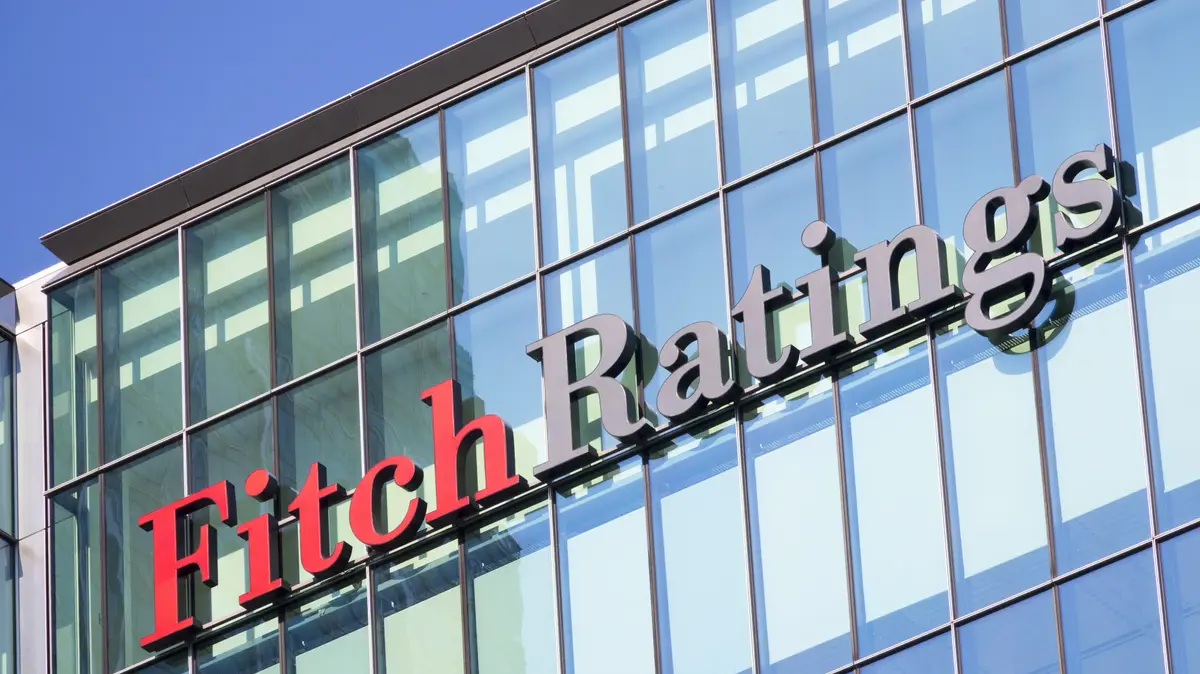In the second closure, 30% of workers were injured • Israel's external debt rose by 4% during the corona period • The high-tech sector was hit the hardest by the crisis - and according to the Bank of Israel, high-tech GDP grew by a handsome 5.8%
Prof. Amir Yaron
Photo:
Joshua Joseph
Israel's external debt rose by 4% during the corona period, but the balance of the Bank of Israel's foreign exchange reserves and other collateral reflects a ratio of 4.7 times the short - term debt, according to data published today (Thursday) by the Bank of Israel.
The Bank of Israel also analyzed the extent of the damage from the corona, according to industries.
The bank categorized the most severely affected businesses as "proximity industries" - industries whose normal mode of operation involves a high potential for infection during the epidemic, for example due to border crossings, prolonged proximity between people or many people staying indoors.
These are, of course, businesses in the field of leisure and recreation (hotels, airlines, restaurants, bars and clubs, etc.).
On the eve of the crisis, the group was responsible for employing about 30% of the workers and 20% of the product in the economy.
According to the data, the impact on the activity of the proximity industries on the eve of the second closure (around September) was about 21% in terms of revenue and about 14% in terms of employment.
On the other hand, the damage to the rest of the economy on the eve of the second closure was negligible in terms of revenue and about 7% in terms of employment.
Even during the closures, the damage to the activity of the proximity industries was considerably more severe than in the other industries of the economy.
The Bank of Israel emphasizes that proximity industries are not declining industries in any case: "On the contrary, although the growth rate of productivity in them in recent years has been low, the demand for their products, and especially their demand for workers, has increased and contributed to economic growth," they explain.
"This finding underscores the importance of preserving the survival of businesses in these industries during the crisis through government assistance."
Naturally, the high-tech sector was hit the hardest by the crisis - and according to data from the Bank of Israel, the high-tech product grew by a handsome rate of 5.8% in 2020.
The capital raising of the companies in the sector also increased considerably and enabled the continued expansion of business activity.
In the wake of the corona crisis, heterogeneity was evident between different parts of the high-tech sector.
Some technology companies have grown due to the increasing demand for computers and technology services, while other companies have experienced an impairment in activity.















